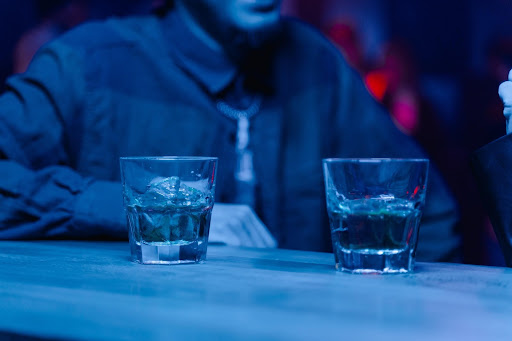According to statistics, alcohol or drug abuse is one of the most common addictions in today’s day and age. Many teenagers and adults suffer from this calamity and find it hard to recover from abuse. Recovering is difficult because you are overcoming your addiction, but you also have to deal with severe physiological consequences of quitting substances.
One of the biggest issues addicts suffer from is the constant relapse. Studies show that around 85% of people fall into relapse after roughly a year of avoiding drugs and alcohol. The average relapse rate in victims of substance abuse is approximately 40% to 60%. Relapse is a normal part of overcoming addiction and should not be something to feel shame over as it does not mean that you have lost your progress. However, relapse is extremely dangerous as it increases drug tolerance over time. Due to abstinence, the body is also no longer adapted to drug use, leading to overdose or death. While there is no proper cure for addiction, you can help fight this lethal dependency with determination, strength, and the right treatment. Here are some tips to help you fight addiction and avoid relapse to keep sober and healthy.
Join an Addiction Treatment Program
Chronic addiction is nearly impossible to overcome by yourself, so it is necessary to get professional help. It is also crucial that you follow the program all the way through and put a lot of effort into your recovery, as it will benefit you immensely. Look for a treatment program center, such as the Delphi Health Group, which is comprehensive and well-established. This rehab facility helps the addict’s recovery process and caters to people of all ages and stages of addiction by observing their unique situations. Medical detox will take place, as well as a psychological diagnosis. Once you finish your program, they will also offer you an aftercare plan with consultation with a counselor. These aftercare plans include medication and a guide on what to do to stay sober. They will also help identify possible triggers and conduct monthly checkups.
Avoid Your Triggers
After treatment, you will become a lot more aware of what your triggers are. Whether it be parties, clubs, certain friends, or the liquor section at the store- it is better to avoid instead of fight. These situations can trigger cravings and make it a lot harder for you to stay sober. That also includes dinner parties or other events where you may be offered alcohol and other substances. It would be best to inform people around you about your history with these items to make them easier to avoid. If avoiding is too difficult, it is recommended that you replace your past activities with healthier alternatives. For example, you could cut your interaction with your old friends that indulge in the addiction for new sober and supportive friends, replace alcohol with fresh drinks, spend more time at home to relax instead of partying, and much more. These habits will improve the recovery process and your general mental health and way of life.
Have a Backup Plan
Recovery requires a lot more sacrifices beyond giving up drugs or alcohol. As the realization kicks in, things may get very hard. There are also general tragedies of life such as heartbreaks, losses, and much more. These situations may drastically trigger you and make you want to consume drugs again. Make sure that you are prepared beforehand. For example, try talking to your friends, family, or a therapist about your problems instead of bottling it in. Exercise and move your body to create dopamine when you feel sad. Keep the number of your doctor, or a local helpline saved that you can call when you feel as if you’re almost about to give in. When you feel anxious and depressed, write your emotions down in a journal to understand how you’re feeling. Try treating yourself to nice things as well and practice self-love. These simple acts will help you get through hard times without using lethal substances, worsening the situation.
A Stronger Support System
Probably the most beneficial tip to overcoming drug addiction is to create a supportive group that will help you in the process. Friends and family who will constantly remind you why you are going sober will encourage you. Local support groups are also available in many rehabs and public places. Over here, you will meet other people battling addiction who will connect with you and understand you. You can talk to them about your difficulties, and they will give helpful advice. You will also meet survivors of addiction who have overcome it, which will help boost your motivation and desire to be sober. Studies show that you are more likely to achieve a goal if people support you and do the same process.
Final Thoughts
Drug or alcohol addiction is dangerous and life-threatening as it can destroy one’s physical and mental health and social, financial, and personal life. However, with the right discipline, anyone can be strong enough to get over it and lead a happy and normal life regardless of background.




